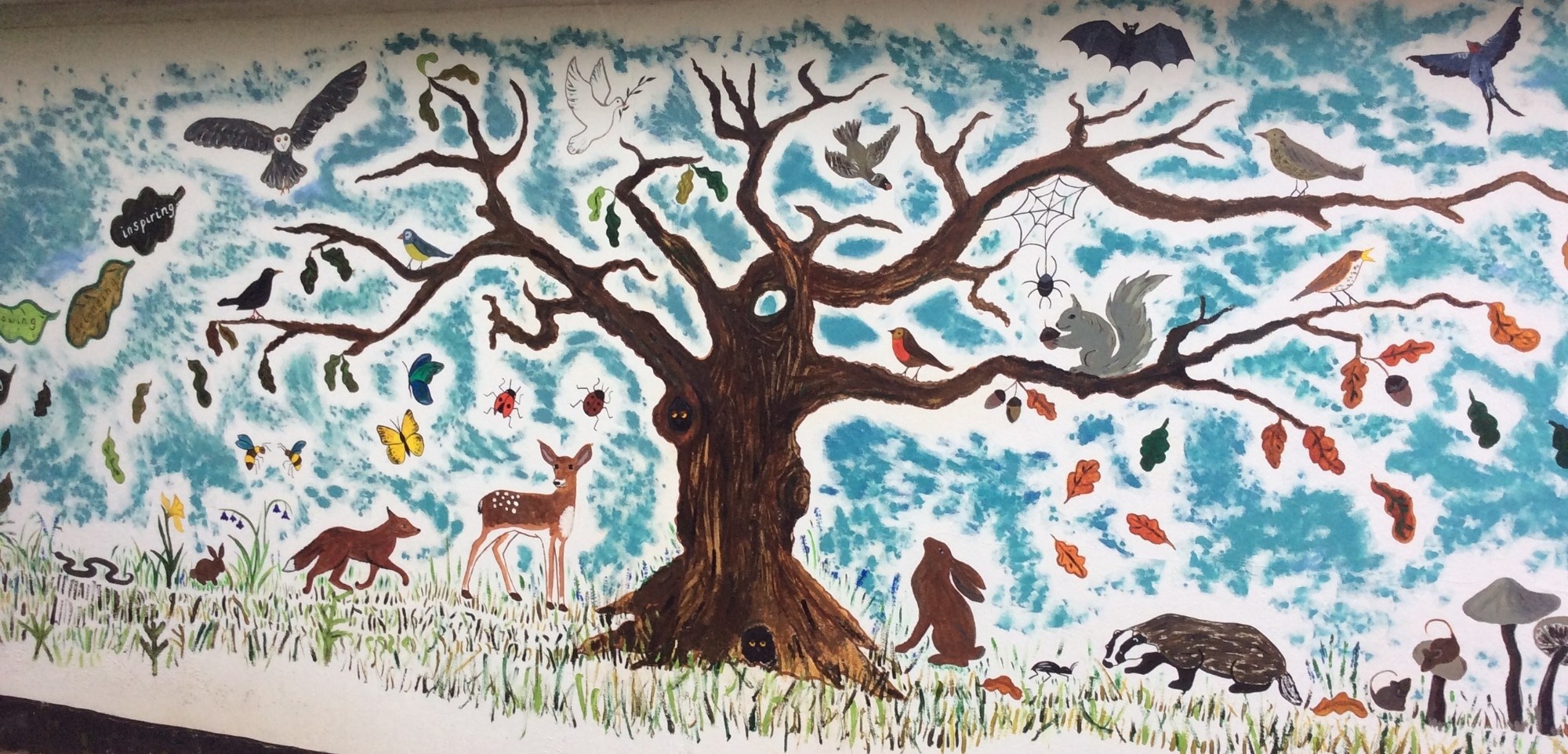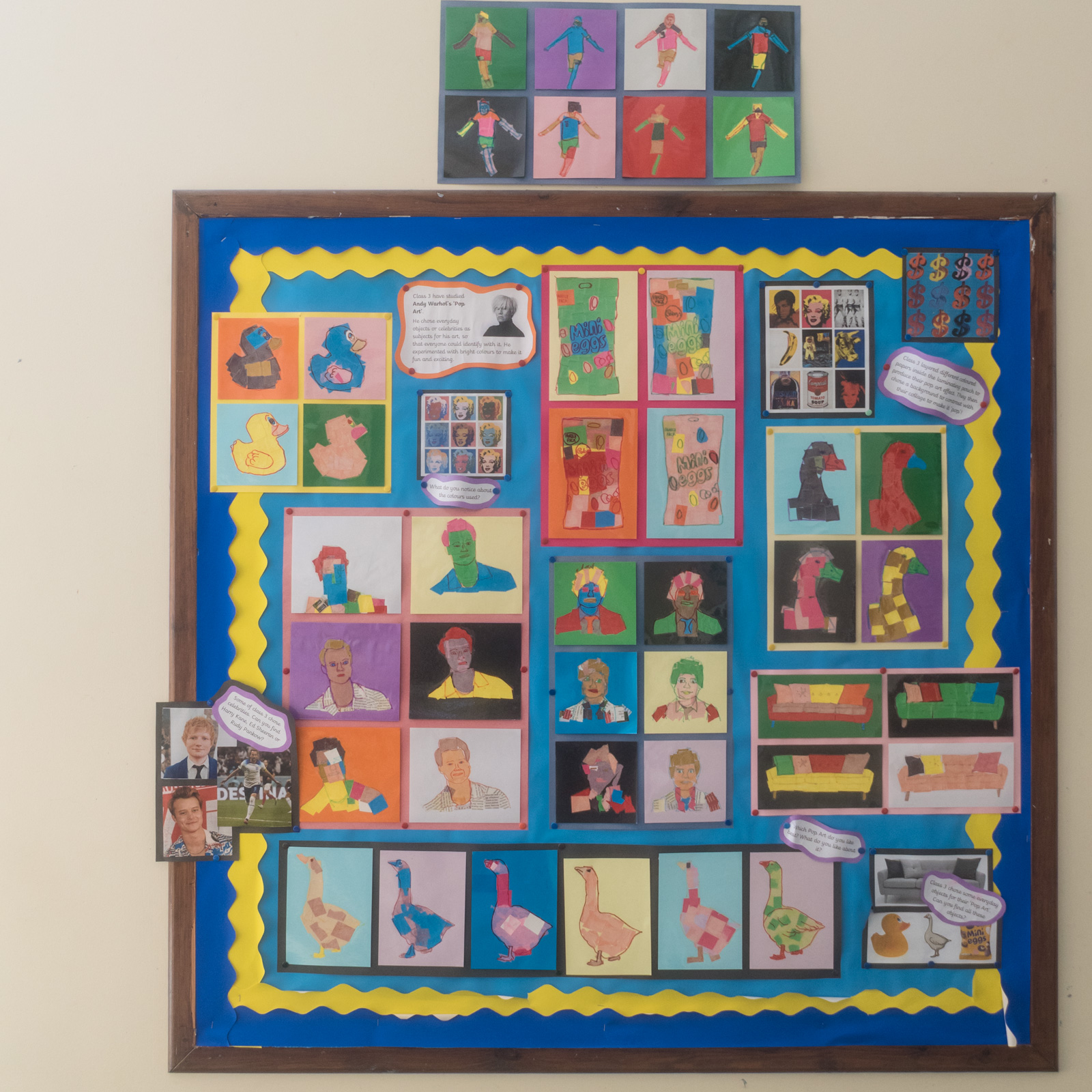Public Sector Equality Duty
The Public Sector Equality Duty requires public bodies and others carrying out public functions to have due regard to the need to eliminate discrimination, to advance equality of opportunities and foster good relations. This ensures that public bodies consider the needs of all individuals in their day to day work - in shaping policy, in delivering services, and in relation to their own employees. The duty applies to all nine areas of discrimination listed in the Equality Act 2010.
- age
- disability
- gender reassignment
- pregnancy and maternity
- race
- religion or belief
- sex
- sexual orientation
- marriage and civil partnership
Note: For marriage and civil partnership, the PSED only requires employers to have due regard to the need to eliminate unlawful discrimination.
We have looked closely at data within our school and have identified the following areas for improvement:
|
Objective |
Which group(s) with protected characteristics will this benefit? |
Actions and who will be involved? |
Timescale |
Which general duty/ies will it address? |
How will we measure our success? |
|
To promote cultural development and understanding of diversity through a rich range of experience, both in and beyond the school |
Disability, Gender, Race, Religion or belief, Sexual orientation, Gender reassignment, |
Programme of visits to include places of worship and larger towns and cities Programme of visitors organised for assemblies and special events to share different faiths and cultures Curriculum set up so books, lesson content, examples used are diverse and represent different religions, protected characteristics and cultures. Senior Leadership Team, Subject leaders, Collective Worship coordinator |
Visit and visitors programme ongoing Termly visits or visitors No Outsiders Weekly |
Eliminate unlawful discrimination, harassment and victimisation and other conduct prohibited by the Act. |
Pupils in the school will have a wider experience of a divergent society Children understand that they are part of a multi- faith society and learn the values of other religions |
|
To ensure that all pupils are given similar opportunities with regards to after-school clubs and activities |
Disability, Gender, Race, Religion or belief, |
Analysis of register of attendance. Using PPG or external funding to cover costs of clubs Speaking to individual parents to overcome barriers, such as child care for siblings Headteacher and teaching staff |
Termly Annual questionnaire to pupils/parents about clubs |
Advance equality of opportunity between people who share protected characteristics and those who do not |
Increase of attendance to after-school clubs. All disadvantaged, SEND and bus children attend at least one club or activity during the year. |
|
Close gaps in attainment and achievement between pupils and all groups of pupils; especially students eligible for free-school meals, students with special educational needs and disabilities and looked after children |
Disability, Gender, Race, |
Modify provision in order to meet all children’s needs and interests (especially maths) Use pupil progress meetings to track progress of these children and put specific strategies in place if they are not Improve parental engagement by coming into school and being part of the learning experience Class teachers, SENDCo, parents |
Ongoing - see SDP
Termly, with follow-up monitoring Weekly assemblies, ongoing additional opportunities |
Advance equality of opportunity between people who share protected characteristics and those who do not |
Progress for these pupils will be in line with those of their peers.
|
(Due to the small number of pupils at our school, we will not publish the data as evidence as individuals may be identified, but is available for OFSTED inspection)












